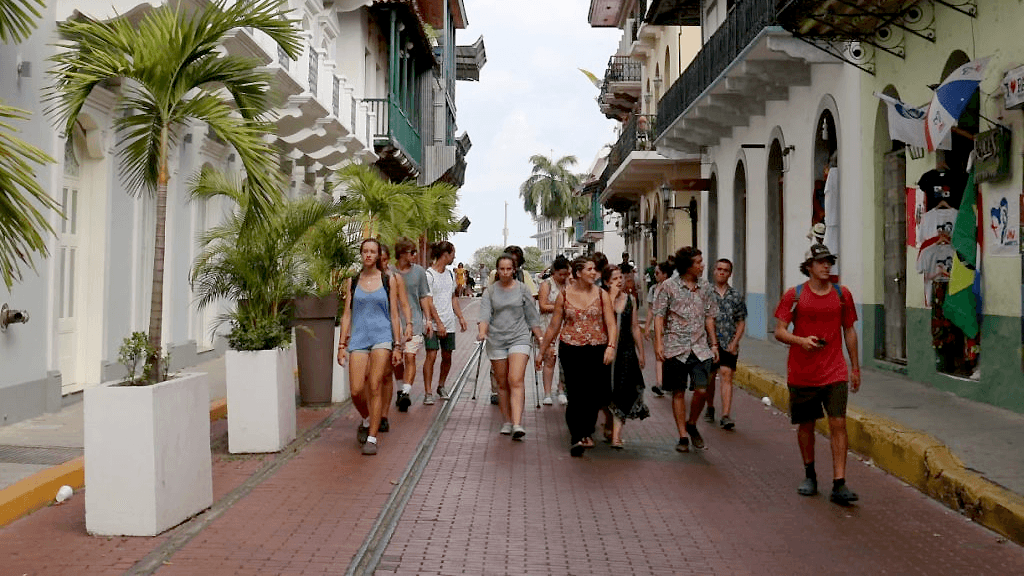RIO DE JANEIRO, BRAZIL – Bolivia aims to promote “biosafety tourism” by training guides to obtain certifications and protocols for covid-19, and thus reactivate this sector that has been one of the hardest hit by the pandemic, and that intends to “resurface” through these actions to provide more security to visitors.

The Vice Minister of Tourism, Eliana Ampuero, said that around 700 Bolivian tourism service providers had undergone training on applying biosecurity protocols and regulations against covid-19, intending to have a certification to offer “biosecure tourism”.
“We are jointly facing the reactivation of tourism from internal development, legally constituted tourism operators that have been certified as biosecure tourism service providers are present, and it is a fundamental element”, expressed the vice minister.
Likewise, the president of the Bolivian Federation of Tourist Guides, Alan Huaman, told Efe that with the support of the United Nations Development Program (UNDP), they are carrying out this virtual course to obtain the certification.
Huaman commented that in this course, they receive knowledge about protocols, identification of places for medical attention, the measures that must be fulfilled when entering and leaving a tourist destination, emergency kits, transportation safety, and other points that will help take care of the health of visitors.
According to Huaman, the situation of tourist guides in the country due to the pandemic has generated that around 98% of those associated with this federation, which brings together at least 600 servers, “have been left without work” and are looking for other alternatives.
“We have seen in the productive chain more than 380,000 affected jobs linked to tourism,” said the representative.
He also added that they are about 13 months that have been affected since November 2019 due to social and political problems after the failed elections of that year and the pandemic that have weakened that sector in the country.
Meanwhile, the Toro Toro National Park in Potosi has been certified as the country’s first biosecure tourist site. It is expected that other of the most emblematic destinations will also achieve the same certification.
DATA IN FOUR MONTHS
For her part, the vice minister indicated that the measures to reactivate the sector are to promote domestic tourism by promoting decrees that encourage public officials to visit the country’s tourist destinations.
Ampuero said that from November of last year to March of this year, there was a 20% growth in local tourists’ flow to the different tourist destinations in the country.
Besides, they are working on identifying foreign “emerging demand segments” to promote the destinations when the covid-19 ceases.
In 2019, around 1.2 million visitors arrived in the country, while in 2020, the flow of visitors was just over 300,000 visitors, according to Ampuero.
“We have had a decrease of more than one million visitors, this impacts on the generation of foreign exchange, minimizing the income of these economic resources to Bolivia,” said the vice-minister.
Thus, some fairs are held to promote locals’ tourist destinations to travel, for example, during this week’s Easter holiday.
One of the promoters of these services of the Community Solidarity Tourism (Tusoco), Wendy Lucana, told Efe that of the 24 community enterprises with which she works, many closed their doors and engaged in livestock other activities to see that the tourism situation does not change. However, they still have hope that the sector resurge.
“We hope that tourism will be a great opportunity to recognize, reconnect and support each other, and what better opportunity than community tourism to get to know our heritage, our culture, and our people,” Lucana said.
The National Chamber of Commerce suggested the creation of a US$500 million guarantee fund to reactivate this sector.
Bolivia reported 270,347 cases of covid-19 and 12,211 deaths since March last year.

